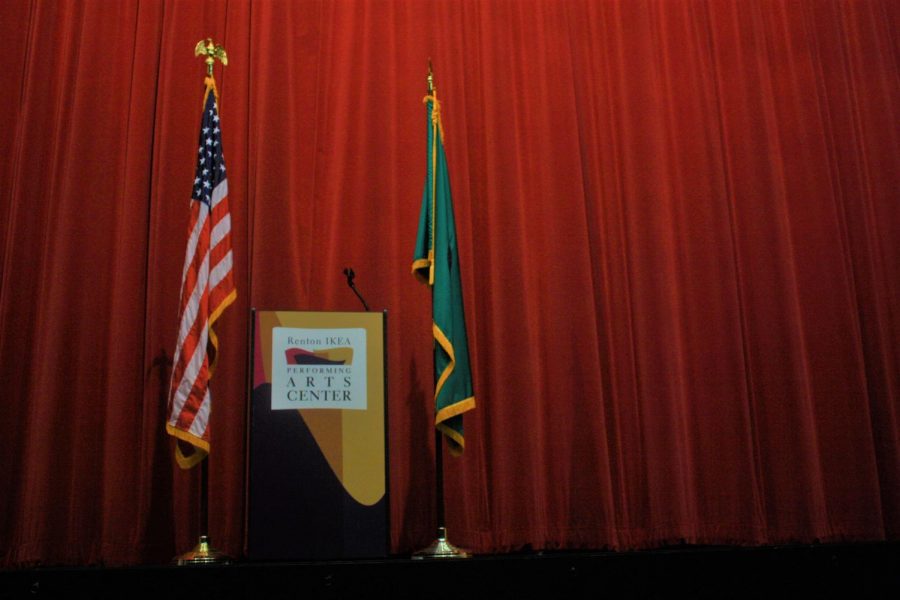Sexual assault and the media
October 22, 2018
There are many reasons why women wait years to share their sexual assault stories— and these stories are always questioned or debated. The correlation of how morals and ethics affect results in court with cases such as these, is a variable that is not researched enough.
In an excerpt from the documentary The Fifth Estate on CBS titled “Testifying at a Sexual Assault Trial,” a lawyer named David Bud claims women “have little to no chance,” and, “out of every estimated 1,000 sexual assaults or episodes of sexual violence 3 result in convictions.”
In the excerpt, the narrator describes a scenario still realistic to 2018 readers, as viewers watch the lawyer interrogate the assumed victim.
“It is an exceptional insight into what happens when the victim feels like she is on trial,” described the narrator.
The excerpt was published in 2015. It is still relevant today.
Since 2016, there have been at least six politicians who have been publicly accused of various types of sexual assault by multiple women.
The women who have spoken out against their alleged accusers are often ridiculed and judged by the public, media, and by the defendants. A prime example of this is the case of Dr. Christine Blasey Ford, a professor of psychology at Palo Alto University and research psychologist at Stanford University School of Medicine. Dr. Ford accused Associate Justice of the Supreme Court, Brett Kavanaugh, of touching her inappropriately at a small, friendly gathering when she was 15 years old.
“…He began running his hands over my body and grinding his hips into me… Brett groped me and tried to take off my clothes…” Ford admitted.
Despite this alarming and specific claim, Dr. Ford has had her image trampled and destroyed, as summarized by The Daily show host Trevor Noah.
“Her life and her image, her as a human being has been trodden on and destroyed by the President of the United States as he goes from rally to rally and people are like, yeah it’s a partisan thing,” Noah shares.
Another recent story was released by The Renton Reporter, Tuesday, October 2, titled “Seattle woman claims Sen. Fain raped her 11 years ago,” which allegations were made public. The woman, Candace Faber, accused Fain of assaulting her the night of her graduation from Georgetown University in D.C. in 2007. Senator Fain denied the claims and is asking for a thorough investigation. Inspired by the courage of Dr. Ford, Faber decided to speak out amidst all turmoil that would arise.
“Like Dr. Ford, I can no longer remain silent knowing that the man who raped me is in a position to influence the laws that govern my state and impact every woman who lives here. I do not believe that survivors have a civic duty to speak out. I believe that we have a civic duty to believe survivors,” Fain expressed.
Both cases share a very important commonality that would ultimately affect the outcome of their trials; they happened years prior to these women speaking out. Because of this, it is nearly impossible to obtain any hard or physical evidence from the alleged victims. Aside from a few character and expert witnesses, the plaintiffs and the defendants are the only ones who know what really happened in the events at question.
Both victims in question did not go to a clinic or hospital the night of their assaults; they also refused to tell anyone of the events that had transpired, afraid of possible ridicule or negative reactions from those they would have confided in.
“For a very long time, I was too afraid and ashamed to tell anyone the details. I did not want to tell my parents that I, at age 15, was in a house without any parent’s present, drinking beer with boys,” Dr. Ford recounted.
Similarly, to Dr. Ford, Faber refused to tell anyone about what Senator Fain had done that night, although she was afraid of a different reaction. Faber did not report in 2007, she wrote, because she worried about reactions from her parents and from her Catholic hospital.
“Plus, I didn’t think anyone would believe me,” Faber wrote on Twitter, “Or that if they did, they wouldn’t care.”
The court system works around the rule of “innocent until proven guilty,” because of this, it would be almost impossible to convict the defendants without substantial evidence, which is the case in sexual assault trails. The processes of court, and guidelines in which American courts see crime, may simply be ineffective in certain assault cases.
There are so many cases that get dismissed every year because of “a lack of evidence,” that the justice system must reconsider the way it handles cases for the safety of society and the victims who never received justice.
The cases must still be addressed properly with the introduction of different factors such as morals and ethics. Emotion, feelings, and even psychological factors must be taken into consideration before a judge reaches the final verdict. Many cases end up with the perpetrator leaving free of charge, while the victims are left to deal with the emotional and psychological damage of what was done to them because they were afraid and ashamed or not ready to share what happened to them until it was too late. It is hard enough to be a victim of sexual assault, but to be victim to a system that more-often-than-not is working against you, is incomparable.
Want to get involved? Submit a letter to us at:
https://rhshawkeye.com/sumbit-a-letter/
Want more info on the story? You can contact us at:
Sources
The political/social context of sexual assault
